A Muslim teacher who displayed a sign at a pro-Palestine protest picturing Rishi Sunak and Suella Braverman as coconuts was found not guilty of a racially aggravated public order violation.
Marieha Hussain, 37, contested the prosecution's claim that the placard was "racially abusive" and told Westminster Magistrates' Court that she "quite obviously does not have a racist bone in her body". Hussain denied the charge and was acquitted on Friday, triggering applause and cheering from her supporters in the public gallery.
District judge Vanessa Lloyd said: “I find that it was part of the genre of political satire and, as such, the prosecution have not proved to the criminal standard that it was abusive.
"The prosecution has also not proved to the criminal standard that you were aware that your placard may be abusive." Hussain said that the placard was a "light-hearted piece of political banter," a method to convey something important in a "British satirical manner," according to the court. In his closing speech, Rajiv Menon KC, defending, said: "This prosecution of Ms Hussain is a disturbing attack on the right of free expression; the right to peaceful protest that does not risk violence or public disorder; the right of anti-racists to criticise members of their own race for pursuing racist policies and using racist rhetoric.“That Marieha Hussain of all people is being prosecuted for a racially aggravated offence whilst the likes of Suella Braverman and Nigel Farage and Stephen Yaxley-Lennon – aka Tommy Robinson – and Frank Hester are seemingly free to make inflammatory and divisive statements … is, I’m afraid, incomprehensible to many people.”
Mr Menon said Hussain is a woman of “impeccable character”, adding: “She is a responsible and thoughtful citizen who genuinely cares about the plight of those less fortunate than her, who is prepared to exercise her democratic right to peaceful protest against injustice.”
“We submit that she should not be criminalised for her satirical coconut placard,” the barrister continued.
“It would be a tragedy – I use that word advisedly – for her to be convicted of a racially aggravated offence when she quite obviously does not have a racist bone in her body.”
The court heard expert opinion on whether the term “coconut” is a racial slur.
Mr Menon said experts struggled to see how the term could be capable of being a slur without “some qualifying word, behaviour, context” that racialises it.
“There is no racialising qualifier (in this case),” he added.
He questioned why the prosecution did not produce an expert to say the term “coconut” is a racial slur and why they did not call someone who was offended by Hussain’s placard to give evidence.
“There is, in short, a gaping hole as far as the prosecution evidential case against Marieha Hussain is concerned and we say boldly that the Crown has not even come close to meeting its burden to the criminal standard,” Mr Menon said.
In a prepared statement read out to court by the prosecution, Hussain, of Brands Hill Avenue, High Wycombe, said she had attended the pro-Palestine protest with her family.
She said the placard was in opposition to an “exceptional manifestation of hatred towards vulnerable or minority groups emanating from the home secretary and supported by the prime minister”.
She added in the statement: “I find it astonishing it could be conceived as a message of hate.”
An image on the other side of the placard depicted the former home secretary as “Cruella Braverman”, Hussain said in her statement.
Prosecutor Jonathan Bryan said the term “coconut” was a “well-known racial slur which has a very clear meaning”.
He said: “You may be brown on the outside, but you’re white on the inside. In other words, you’re a race traitor – you’re less brown or black than you should be.”



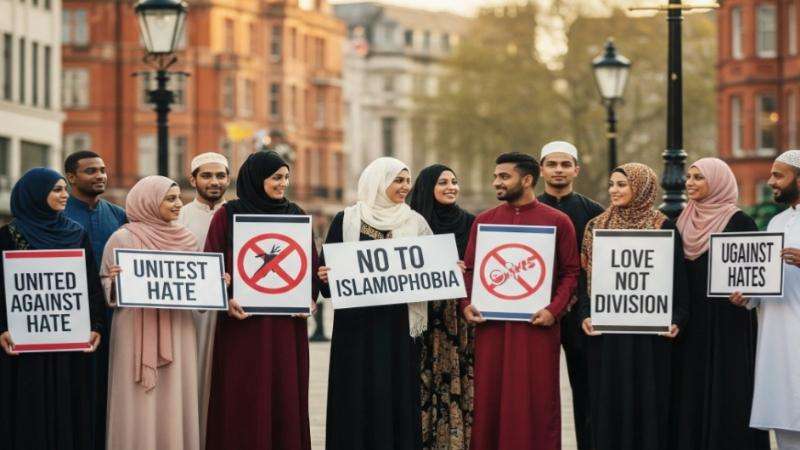
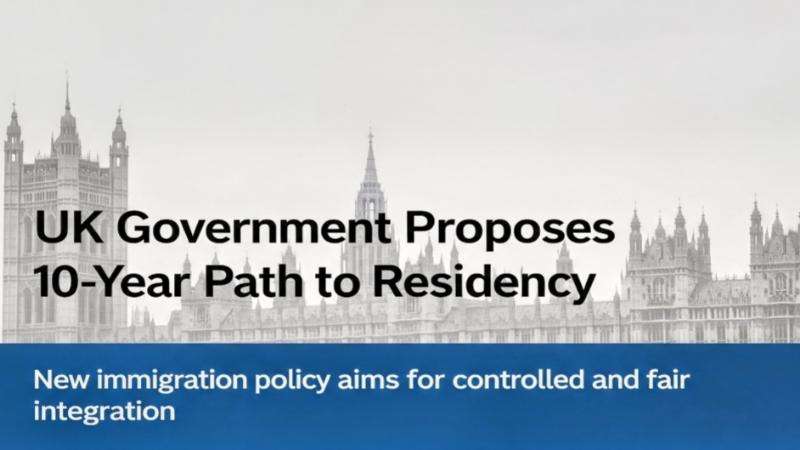


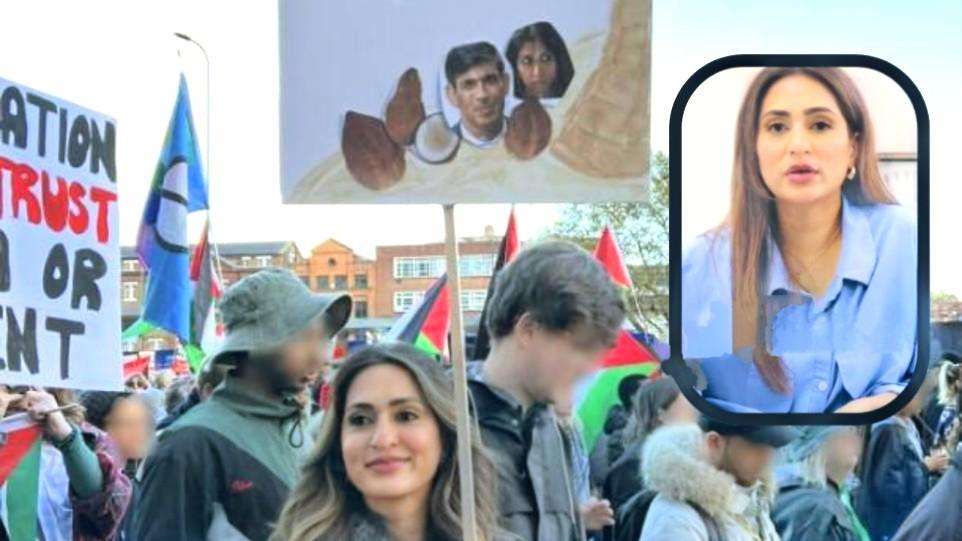
.svg)

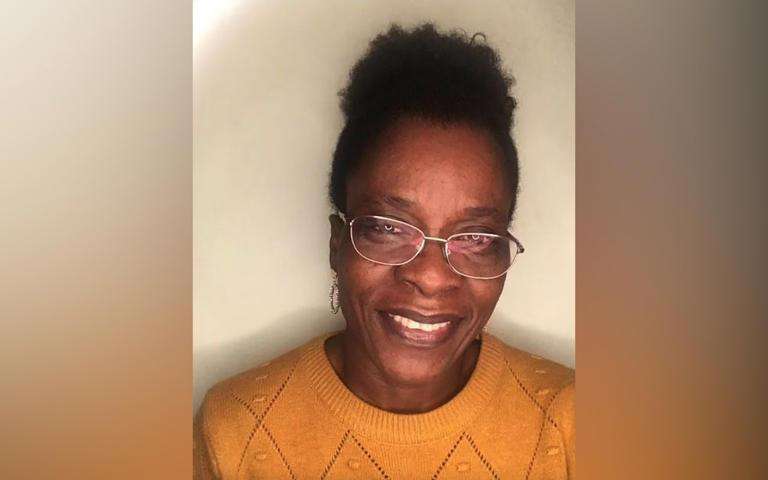
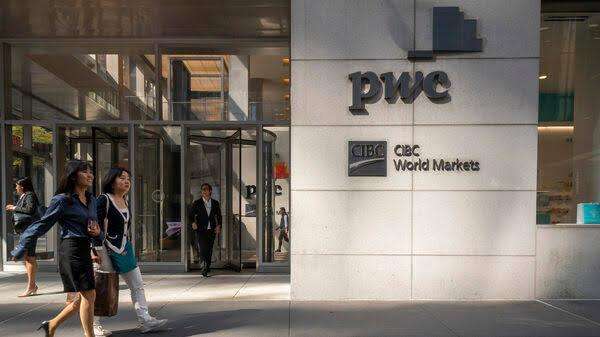
_1.jpg)